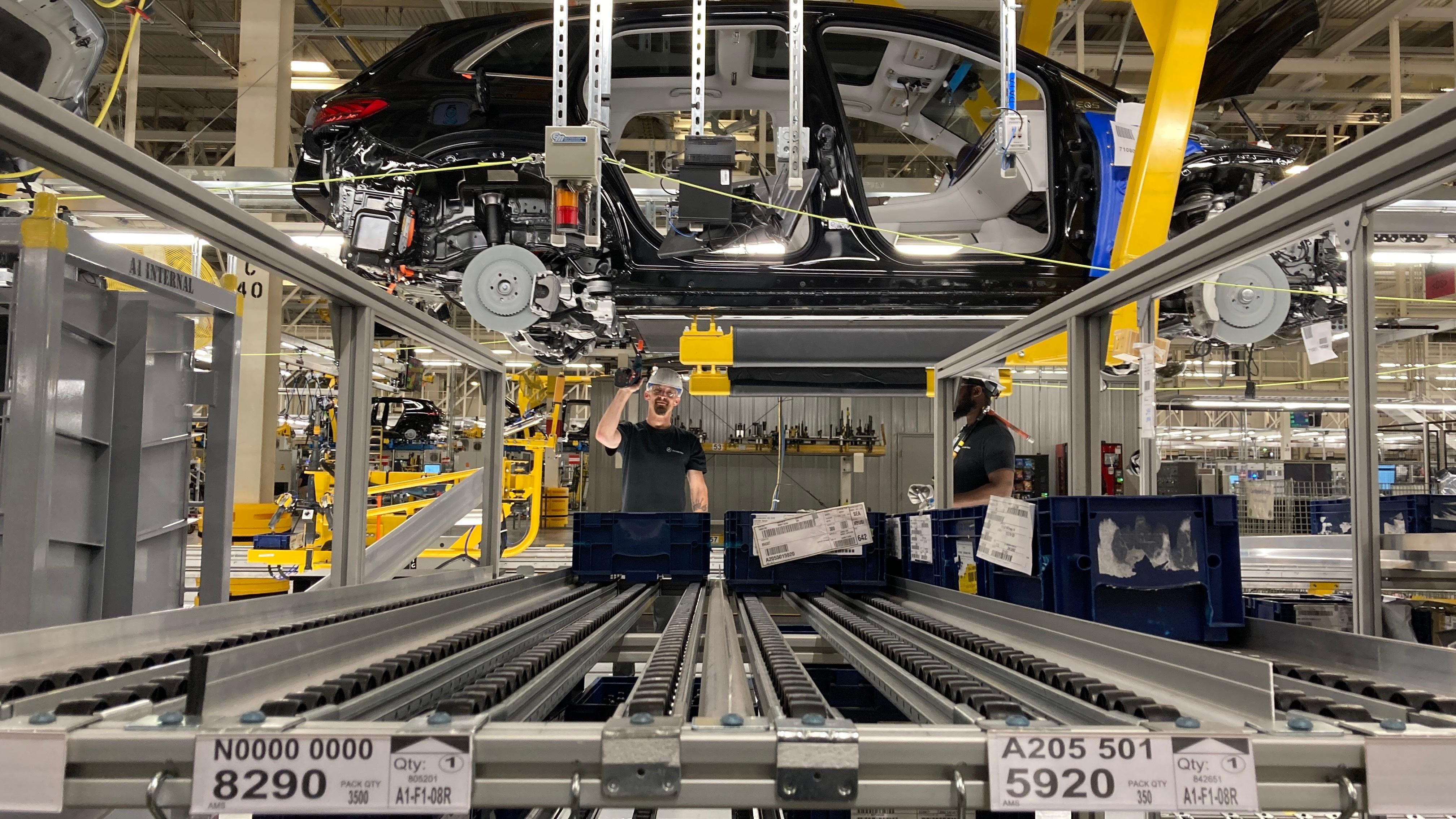What made [the Nissan plant] campaign unique?
The campaign by the UAW in Canton, Mississippi, was a unique one because the UAW decided to stress civil rights and point out that joining a union is indeed a civil right and a human right. It’s recognized in several different places, including, by the International Labor Organization [and] to some extent by the United Nations.
The UAW focused on community organizing in a way that they did not in the other drives that they did in the 2010s. They focused on African American churches and the African American community because the employees in that plant are 80% African American. So it made sense for them to do that, and they were pretty effective in organizing the community. They were also effective in organizing local universities where there was a large Black student body.
As far as the external side of a unionization drive, the UAW did the best of the three plants that it was trying to organize at the time in Canton, Mississippi.
It also was a big international deal. And on the national side, you had Bernie Sanders coming in, actor Danny Glover. You had support from political leaders in France and Brazil — this was a big deal.
They did a lot of international organizing, and they even got the issue to be discussed in the French National Assembly, the Brazilian Parliament, and they got letters from unions from about 20 different countries. They really stressed the international side and were pretty successful in pulling things together.
It sounds like you had a lot of praise for the civil rights angle.
Yes. I think it makes sense. And the one thing that I think is worth pointing out is the UAW has a historical track record of strong support for the Civil Rights Movement during the 1960s. The single biggest contributor to the March on Washington in 1963 was the UAW.
Oh, I didn’t know that.
Oh, yeah. You see at the 1963 March on Washington, Walter Reuther, the UAW president, standing next to Martin Luther King Jr.
When Martin Luther King Jr. was jailed in Birmingham, the UAW sent down a couple of the officers of the union with money belts, with tens of thousands of dollars strapped to them in order to bail [him] out. So, the UAW really has the street cred to be supporting civil rights. And that’s something that they brought up.
Now all that local and international and national support sounds like they were successful there. How successful were they with the workers themselves?
They had trouble getting more than a third or so of the employees to be willing to vote for the union. So when they went to vote, they lost by a pretty big margin.
It sounds like this effective messaging, though, wasn’t enough to overcome pretty aggressive anti-union messaging from Nissan.
Yeah. It wasn’t and part of the thing is the familiar story about these plants in the South that you had a plant set in a rural area. And for the employees, many of them, this is the best job they’ve ever had, and it’s the best job they ever will have. They’ve gone from renting a trailer to owning a house. And they’re getting a reduced rate lease on cars, so they can get a pretty good car.
Working at one of these plants can be life-changing. So they’ll look at it and say, ‘You know, I understand what the UAW is saying, that they might be able to protect me more, but I really don’t want to take the risk.’



